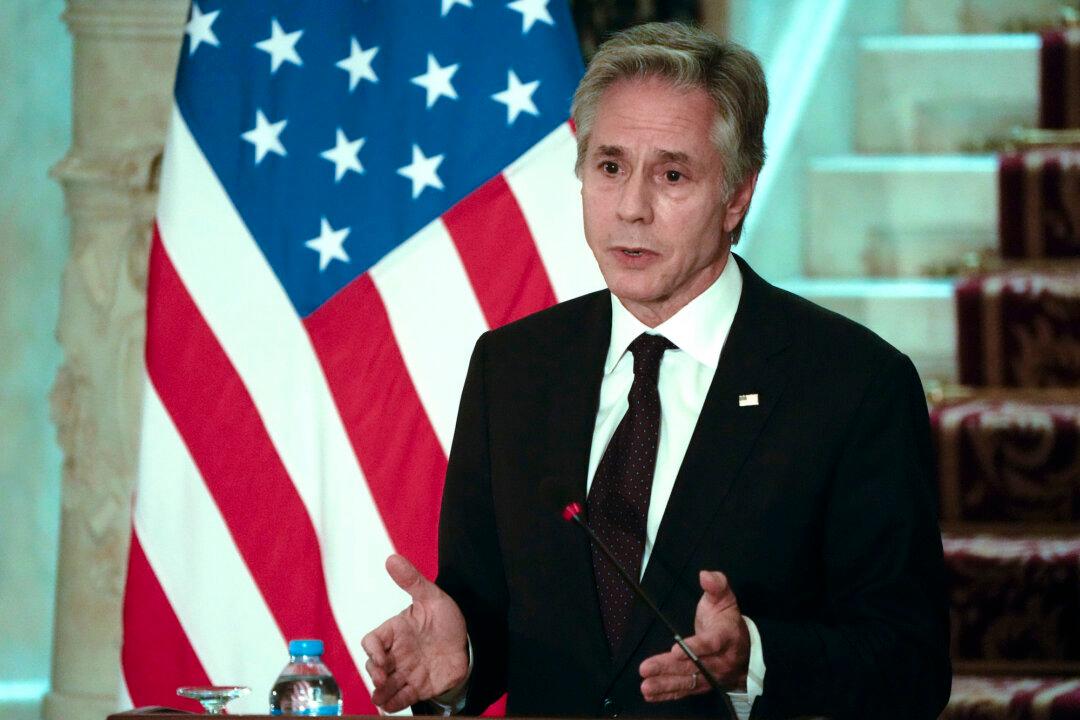The United States had no advance knowledge of, nor involvement in, the deadly Sept. 17 attack that caused pagers used by Hezbollah to explode in Lebanon, according to U.S. Secretary of State Antony Blinken, who urged calm and cautioned against escalation.
Blinken made the remarks on Sept. 18 while on a state visit to Egypt for talks on U.S.–Egyptian relations to help broker a cease-fire deal in Gaza that would secure the release of all remaining hostages taken by Hamas terrorists during their deadly Oct. 7, 2023, attacks on Israel.





